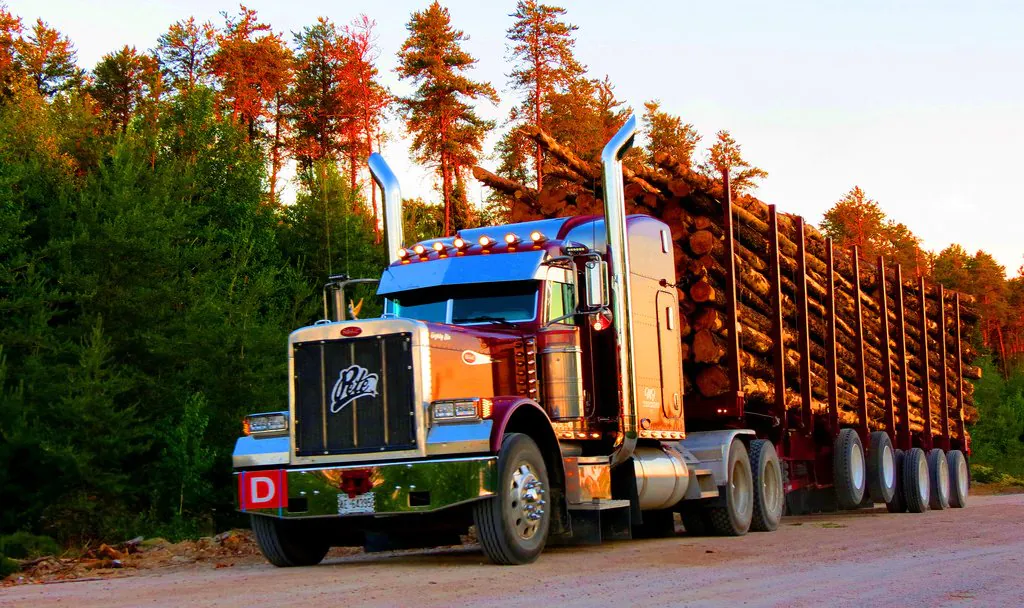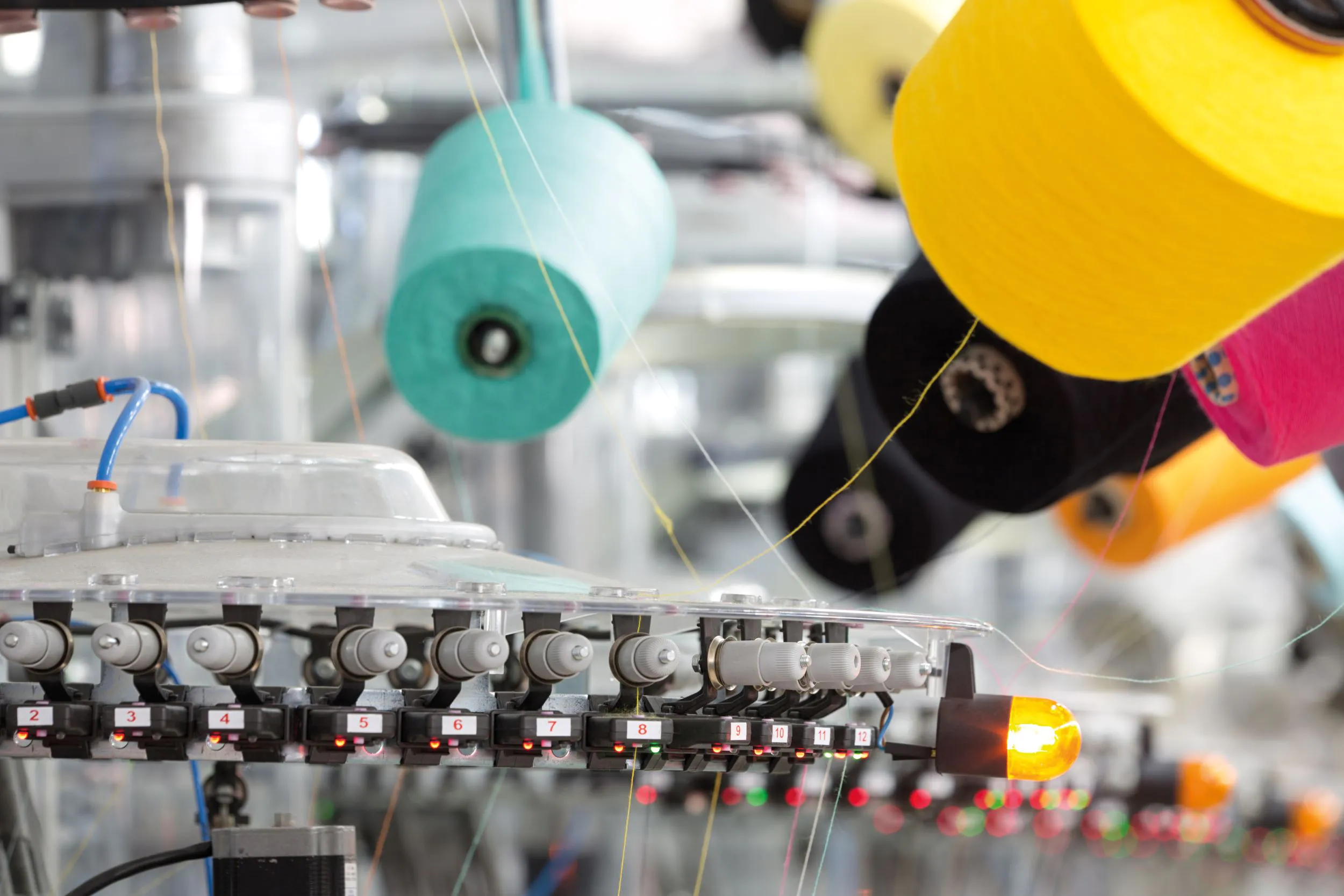The realm of transportation equipment manufacturing is undergoing a transformative change. As our society becomes more conscious of environmental sustainability, the sector has been forced to innovate. This evolution has led to the emergence of various types of advanced transportation, including electric bikes, innovative motorcycles, and high-tech defense vehicles, to name a few.
The Surge of the Electric Bike Industry
The electric bike sector, a significant part of the transportation equipment manufacturing industry, is booming, with the demand for electric bikes and electric scooters skyrocketing. We’re witnessing an increased interest in folding electric bicycles as well, offering compactness and convenience for urban dwellers.
The Bike Manufacturing Renaissance
Traditional bike manufacturing has also seen a renaissance in transportation equipment manufacturing. With enhanced design and materials, steel frame bicycles offer durability, while titanium bike frames provide superior strength and lightweight construction. The push for customization is also evident, with custom motorcycle manufacturers gaining traction in the market.
Accessories: Adding Value to Bikes
Accessories complement the total experience offered by bicycles, and transportation equipment manufacturing of these components is equally vital. The introduction of innovative bike adapter bars, practical bicycle locks, and more expressive bicycle bells contributes to the personalization and security of bikes.
Beyond Bikes: Armored and Defence Vehicles
While bikes are a significant part of the transportation equipment manufacturing landscape, it’s crucial to discuss other key segments. The production of armored vehicles and defense vehicles represents the sector’s adaptability, catering to safety and defense needs.
The Emergence of Specialty Vehicles
Lastly, the emergence of specialty vehicles like golf carts indicates a diverse future for transportation equipment manufacturing. It’s a testament to the industry’s readiness to address various mobility requirements.
The transportation equipment manufacturing industry is indeed embracing revolutionary changes. By integrating environmental concerns, innovative design, and technological advances, this sector is set to lead us into a future where mobility is sustainable, practical, and exciting.
Embracing Sustainable Solutions
One of the most remarkable aspects of the future of transportation equipment manufacturing is the industry’s commitment to sustainability. Manufacturers are investing heavily in research and development to create eco-friendly solutions that reduce carbon emissions and minimize environmental impact. The rise of electric bikes and vehicles is a testament to this commitment, as they offer clean and efficient modes of transportation.
Collaborative Efforts and Cutting-Edge Technology
To drive innovation in transportation equipment manufacturing, collaboration between manufacturers, engineers, and designers is vital. These partnerships foster the exchange of ideas and expertise, leading to breakthroughs in materials, manufacturing techniques, and design concepts. Advancements in technology, such as 3D printing and advanced robotics, are also revolutionizing the production process, making it more efficient, precise, and cost-effective.
Consumer-Centric Approach
As the industry evolves, it is becoming increasingly consumer-centric. Manufacturers are actively seeking feedback from users and incorporating their insights into the design and functionality of transportation equipment. This customer-centric approach ensures that the final products meet the needs and preferences of the users, resulting in enhanced user experiences and greater customer satisfaction.
Economic Growth and Job Creation
The future of transportation equipment manufacturing not only promises technological advancements but also significant economic growth and job creation. The expansion of this industry opens up new opportunities for skilled workers, engineers, designers, and technicians. Moreover, the development of transportation equipment manufacturing clusters and supply chains stimulates local economies and fosters regional development.
Global Impact and Market Potential
The impact of the transportation equipment manufacturing industry extends far beyond domestic markets. Manufacturers are increasingly looking to tap into the global market by exporting their products and establishing international partnerships. This global outlook not only contributes to the industry’s growth but also strengthens international trade and collaboration.
Conclusion
The future of transportation equipment manufacturing is characterized by innovation, sustainability, and a customer-centric approach. From electric bikes to specialty vehicles and cutting-edge manufacturing techniques, this industry is at the forefront of shaping the way we commute and transport goods. As manufacturers continue to embrace technological advancements and collaborate on a global scale, we can expect transportation equipment that is more efficient, environmentally friendly, and tailored to the needs of consumers. The revolution has begun, and we eagerly anticipate the exciting developments that lie ahead in this transformative industry.



